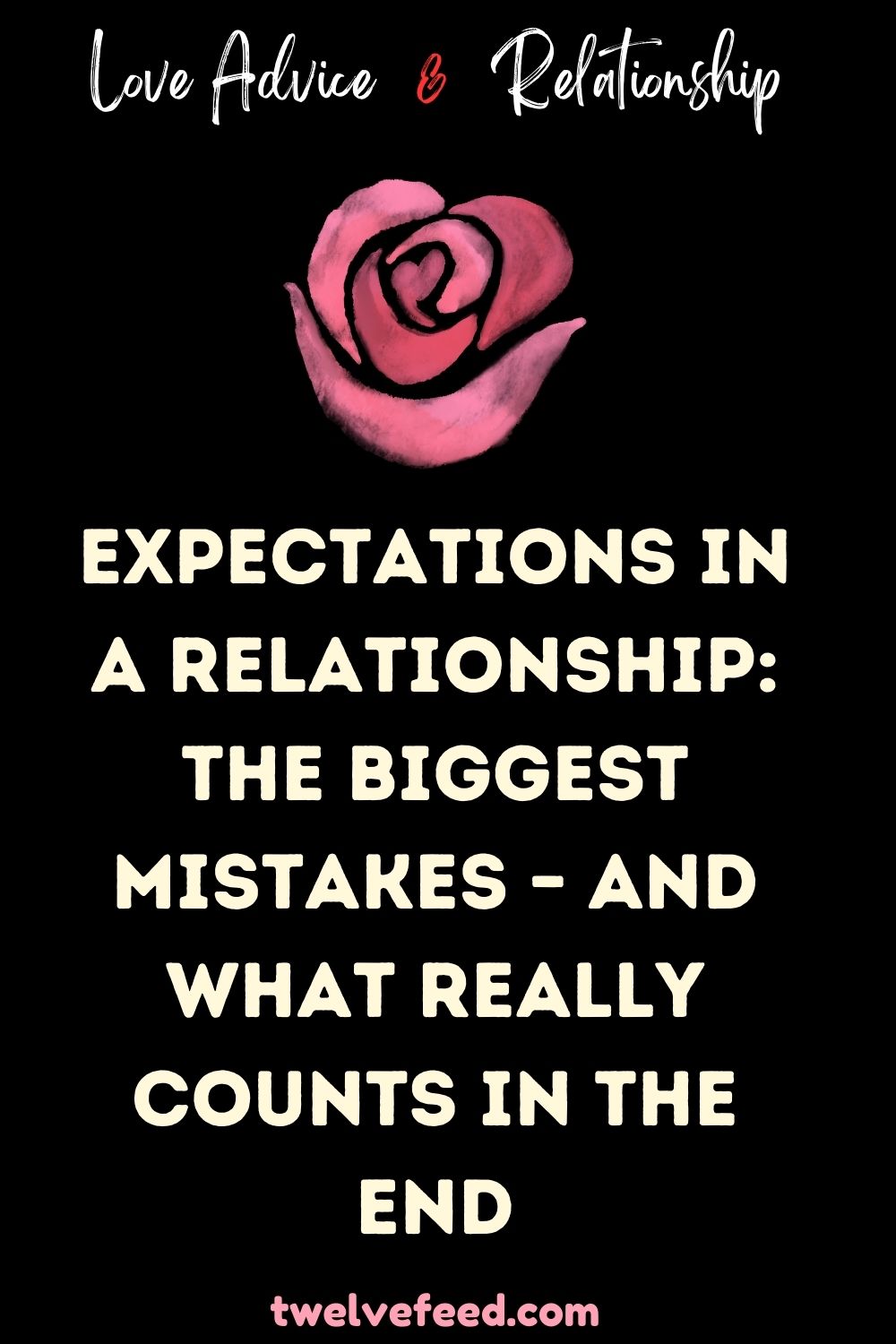
In the realm of relationships, expectations can often be a double-edged sword. While they can serve as guiding lights, illuminating the path toward a fulfilling connection, they can just as easily become stumbling blocks, leading to disappointment and disillusionment. This article delves into the common expectations in relationships, explores the biggest mistakes couples make, and highlights what truly matters in the end.
Common Expectations in Relationships
Unrealistic Standards
Many individuals enter relationships with a laundry list of expectations, often shaped by societal norms, media portrayals, and past experiences. These expectations may include finding a flawless partner who fulfills every need and desire, akin to a fairytale romance. However, such unrealistic standards set the stage for disappointment when reality fails to align with fantasy.
Dependency
Another common expectation revolves around dependency, where individuals rely solely on their partners for happiness, validation, and fulfillment. This codependent dynamic can lead to emotional suffocation and strain the relationship as it places undue pressure on one person to meet the other’s every need.
Mind Reading
Expecting partners to intuitively understand thoughts, feelings, and needs without explicit communication is a recipe for misunderstandings and frustrations. While it’s natural to desire a deep connection where words are unnecessary, expecting mind-reading abilities sets an unfair and unrealistic standard.
The Biggest Mistakes
Lack of Communication
One of the most significant mistakes couples make is a lack of communication. Failure to express needs, concerns, and boundaries can breed resentment and erode trust over time. Effective communication is the cornerstone of a healthy relationship, fostering understanding, empathy, and intimacy.
Neglecting Individual Growth
In the pursuit of togetherness, couples may neglect their individual growth and aspirations. Losing sight of personal goals and interests can lead to feelings of stagnation and resentment. It’s crucial for partners to support each other’s individual journeys while nurturing the relationship.
Ignoring Red Flags
Ignoring red flags or dismissing concerns in the early stages of a relationship can have detrimental consequences down the road. Whether it’s significant differences in values, incompatible lifestyles, or recurring conflicts, ignoring warning signs can prolong inevitable heartache.
What Really Counts
Communication and Understanding
At the heart of every successful relationship lies open, honest communication. It’s essential for partners to express themselves authentically, actively listen to each other, and navigate conflicts with empathy and understanding.
Mutual Respect and Support
Respect forms the foundation of a healthy relationship, encompassing acceptance, appreciation, and admiration for one another. Mutual support involves championing each other’s dreams, celebrating successes, and providing comfort during challenges.
Shared Values and Goals
Couples who share common values and goals are better equipped to weather life’s ups and downs together. Whether it’s building a family, pursuing career ambitions, or traveling the world, aligning visions fosters a sense of unity and purpose.
Navigating Relationship Expectations
Setting Realistic Expectations
Rather than striving for perfection, couples should focus on setting realistic expectations grounded in mutual understanding and compromise. Recognizing that no relationship is flawless allows room for growth and acceptance of imperfections.
Prioritizing Communication
Regular, open communication is vital for addressing expectations, concerns, and evolving needs within a relationship. Creating a safe space for dialogue fosters trust, intimacy, and a deeper connection between partners.
Honoring Individual Identities
Maintaining a sense of self within a relationship is essential for personal fulfillment and relationship longevity. Encouraging individual interests, hobbies, and friendships enriches the partnership and prevents feelings of suffocation or resentment.





